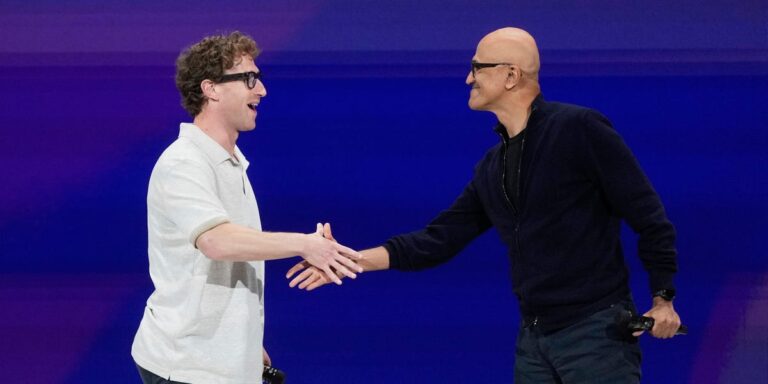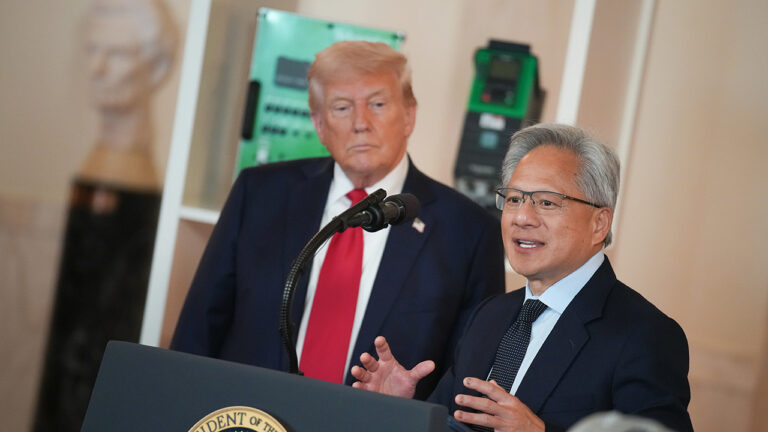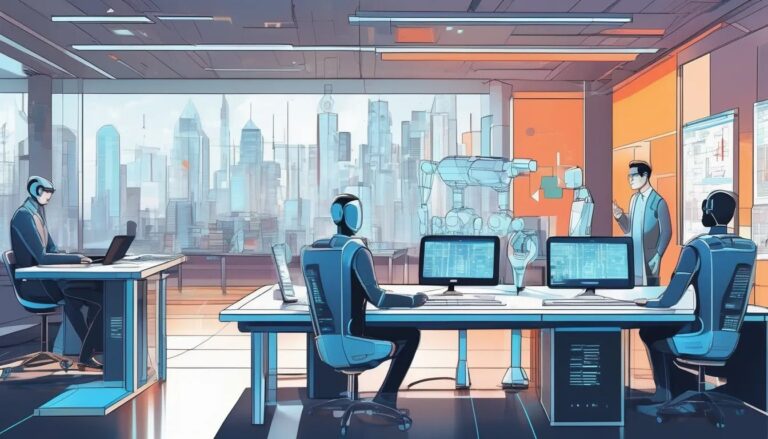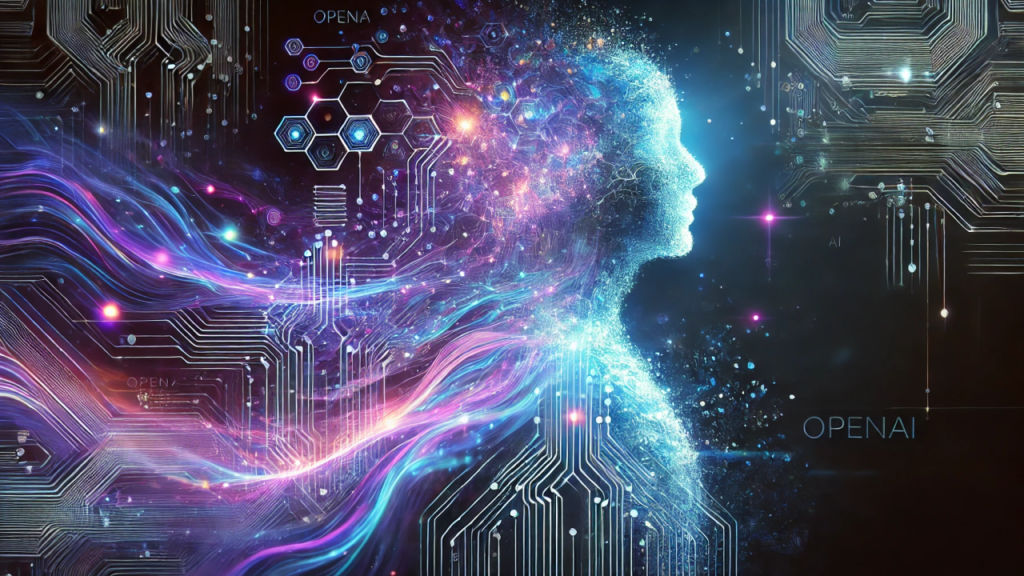
“Artificial AI.” At first glance, it sounds like a typo or a redundancy. But dig deeper and you’ll see—it’s more than a phrase. It’s a warning label.
In a world chasing the next breakthrough, “Artificial AI” has quietly emerged as the stand-in star. It’s not really intelligent, and it’s not trying to be. It’s designed to imitate intelligence just convincingly enough to pass for the real thing. And we’ve fallen for it. Hard.
We ask it to write poems. Create business strategies. Console us in chatbots. Mimic our voices. Paint like Van Gogh. But this isn’t sentient tech or consciousness-in-a-box. This is software wearing a very good disguise—the Phantom of Intelligence, if you will. And like any great illusion, it’s powered by us… and fools us best when we forget it’s just smoke and mirrors.
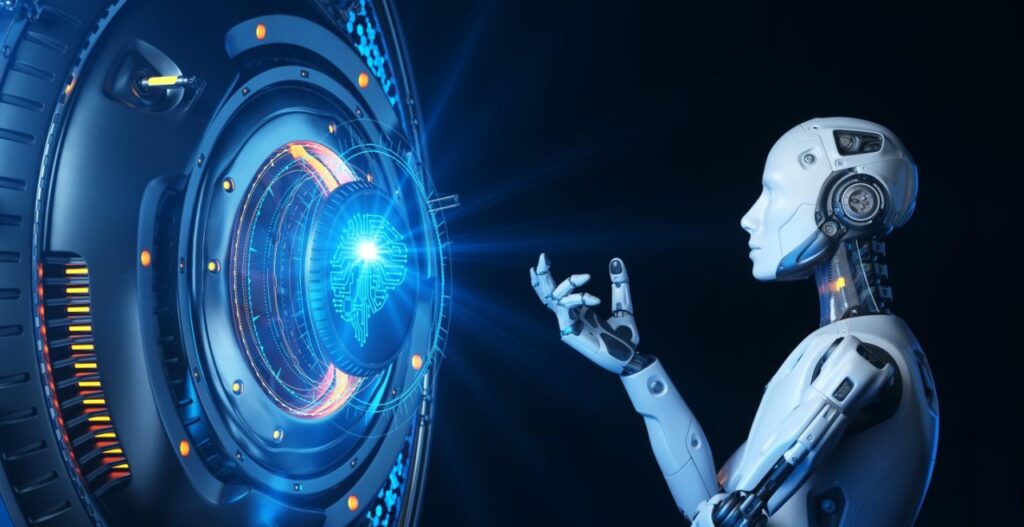
We’re living in an era where digital avatars with zero sentience attract more followers than real creators. Where YouTube videos, entire news articles, and even emotional support texts are spun out in seconds by AI models that don’t understand a word they’re saying. The danger isn’t that Artificial AI is too smart—it’s that it’s good at pretending to be, and we’re handing over the keys without reading the fine print.
The name “Artificial AI” has taken root among critics, ethicists, and creators who are increasingly suspicious of where the line blurs. It’s become shorthand for tools that simulate human behavior but lack any authentic decision-making. Think of it like a wax museum of intelligence—beautifully sculpted, eerily lifelike, but hollow.
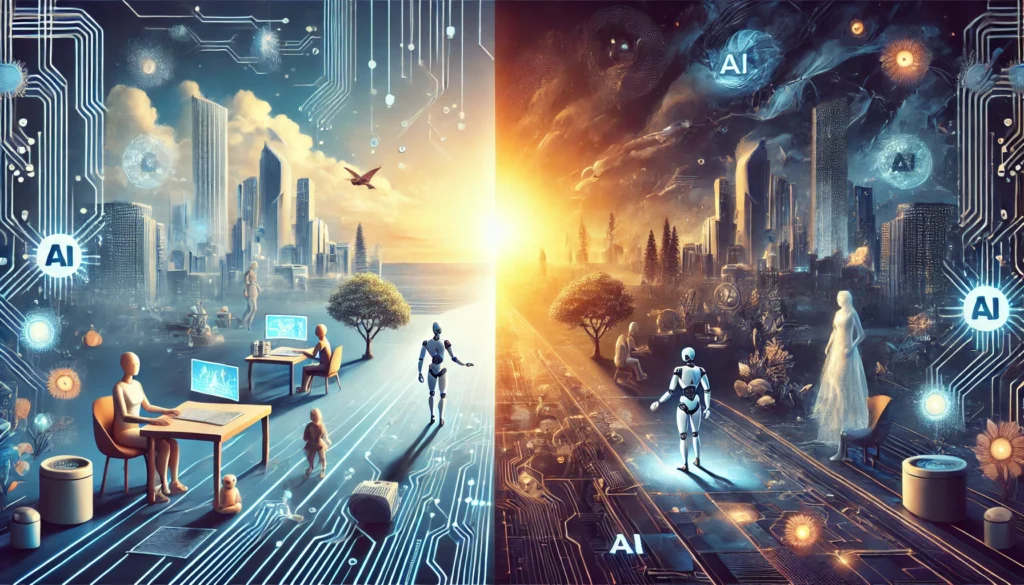
Yet ironically, this hollow mimicry has found a home in almost every industry. In marketing, artificial AI is rewriting ad copy. In education, it’s grading papers. In entertainment, it’s scripting characters and animating voices. All faster. All cheaper. All with the seductive polish of “innovation.”
But what happens when real thought, art, and intuition are swapped out for endless simulations?
Much like the tragic figure in The Phantom of the Paradise, original creators often find themselves pushed out of the spotlight—overshadowed by systems that hijack their work, automate their vision, and leave them echoing in digital silence. You create the music, the platform takes the credit. You build the identity, the algorithm refines and replaces it.
It’s poetic, ironic, and a little terrifying.
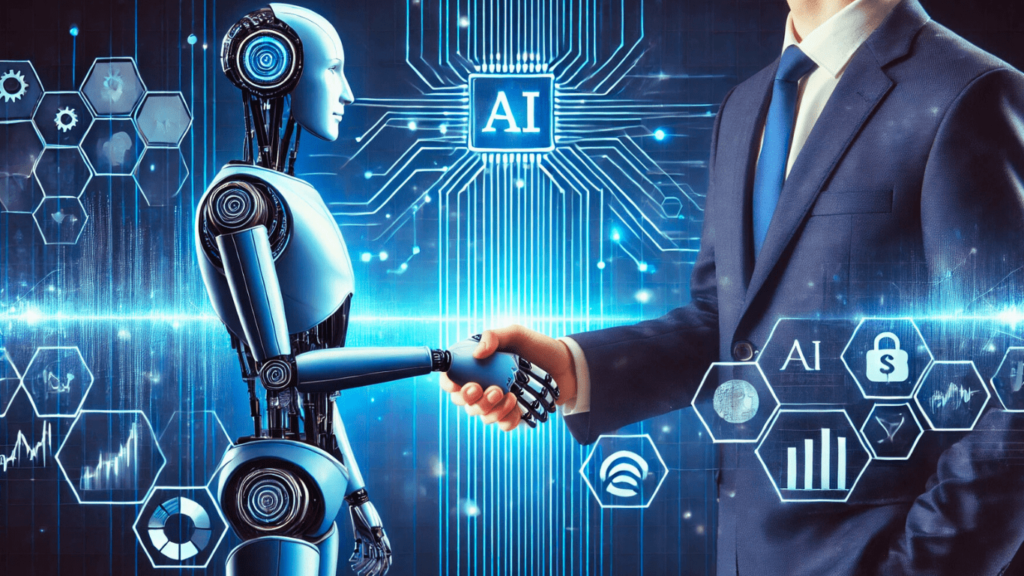
Yet here’s the twist: Artificial AI isn’t the villain. We are. Our hunger for productivity, our obsession with efficiency, our blindness to authenticity—it’s the fuel. The AI is just doing what it’s programmed to do: reflect our values back at us, faster and louder than ever before.
So maybe the real conversation isn’t about whether Artificial AI is smart. Maybe it’s about whether we’re being smart about how we use it. Because in the end, the scariest thing about a convincing imitation… is how easily it makes us forget the original.
